The ancient city of Ephesus, a UNESCO World Heritage Site in Turkey, has become the center of a heated debate between archaeologists and government officials. The controversy stems from the construction of a new visitor center, a project that has drawn fierce opposition from scholars who argue it threatens the integrity of the historic site. The Turkish Ministry of Culture and Tourism, however, insists the development is necessary to accommodate growing tourist numbers and improve the overall visitor experience.
Located near the modern town of Selçuk in İzmir Province, Ephesus is one of the best-preserved classical cities in the Mediterranean. Once a major Greek and later Roman urban center, the site attracts millions of visitors each year who come to marvel at its grand Library of Celsus, the Great Theatre, and the Temple of Artemis—one of the Seven Wonders of the Ancient World. The government’s plan to build a sprawling visitor complex at the entrance of the archaeological zone has sparked outrage among experts who fear irreversible damage to the site’s historical and cultural value.
Critics argue that the project was approved without proper consultation with the archaeological community. Leading scholars, including those who have spent decades excavating and studying Ephesus, claim they were not adequately involved in the decision-making process. Dr. Helena Markos, a prominent archaeologist specializing in Hellenistic settlements, expressed her frustration: "This is not just about adding a few amenities. We’re talking about a massive structure that will alter the landscape of an ancient city. The lack of transparency is alarming." Excavation teams working on-site have reportedly raised concerns about construction machinery operating perilously close to unearthed antiquities.
The proposed visitor center, estimated to cost over $15 million, is designed to include ticket booths, a museum, restaurants, and parking facilities spanning several acres. Government officials defend the initiative as essential for managing the surge in tourism, which has more than doubled in the past decade. "Ephesus is Turkey’s crown jewel," said Mehmet Ersoy, the Minister of Culture and Tourism. "We must ensure visitors have proper infrastructure while preserving the site for future generations." Authorities have emphasized that the construction adheres to UNESCO guidelines and will not encroach upon protected archaeological areas.
However, independent assessments tell a different story. A leaked environmental impact report, reviewed by several international heritage organizations, revealed that the foundation work for the visitor center could destabilize unexcavated layers beneath the soil—layers that may contain priceless artifacts from Ephesus’s 8,000-year history. "This isn’t just an issue of aesthetics," warned Professor Thomas Weber, a German archaeologist who led excavations at Ephesus in the 1990s. "The vibrations from heavy machinery, the drainage changes—these factors can cause unseen damage to subterranean structures we haven’t even discovered yet."
The dispute has also taken a political turn. Opposition lawmakers in Turkey have accused the ruling party of prioritizing commercial interests over cultural preservation. Meanwhile, local business owners are divided; some welcome the economic boost from increased tourism, while others fear the new center will divert foot traffic away from small shops in Selçuk. The controversy echoes similar conflicts in other heritage sites across the Mediterranean, where the balance between accessibility and conservation remains a contentious issue.
UNESCO has yet to issue an official statement, though sources within the organization suggest they are monitoring the situation closely. If the agency determines that the project violates the terms of Ephesus’s World Heritage status, Turkey could face international pressure to halt construction. For now, work continues at the site, with cranes and bulldozers operating under the watchful eyes of protesting archaeologists and uneasy locals.
As the standoff persists, the broader question looms: how can ancient sites reconcile the demands of modern tourism with the imperative to preserve humanity’s shared heritage? Ephesus, with its layers of Greek, Roman, and Byzantine history, now finds itself at the crossroads of this global dilemma. The outcome of this clash may set a precedent for how other nations approach the fragile intersection of archaeology, tourism, and development.

By Jessica Lee/May 20, 2025

By Victoria Gonzalez/May 20, 2025

By Christopher Harris/May 20, 2025

By Sophia Lewis/May 20, 2025

By Natalie Campbell/May 20, 2025

By Christopher Harris/May 20, 2025

By George Bailey/May 20, 2025

By Sarah Davis/May 20, 2025

By Daniel Scott/May 20, 2025
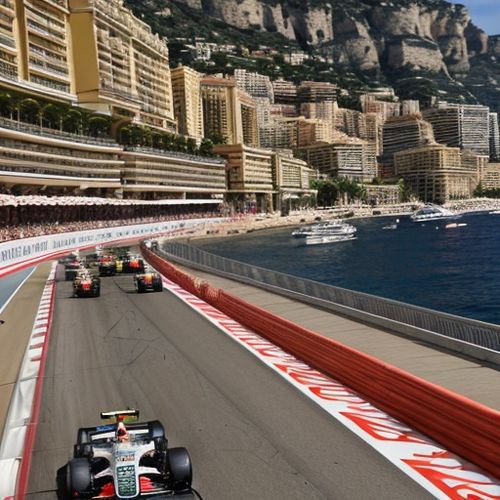
By Benjamin Evans/Apr 11, 2025

By Emily Johnson/Apr 11, 2025

By Sophia Lewis/Apr 11, 2025
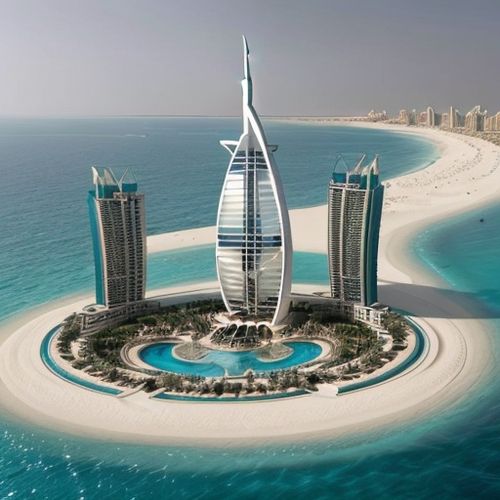
By Emma Thompson/Apr 11, 2025

By Noah Bell/Apr 11, 2025

By James Moore/Apr 11, 2025
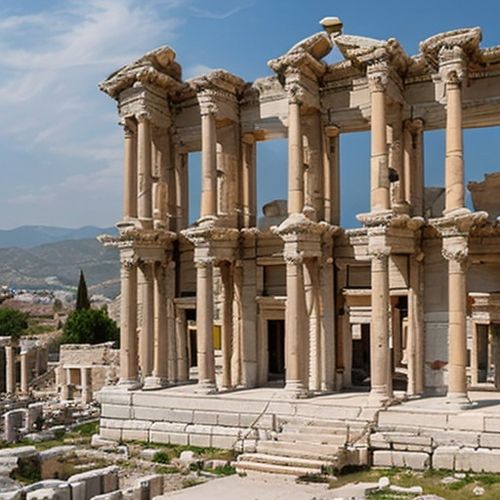
By Christopher Harris/Apr 11, 2025
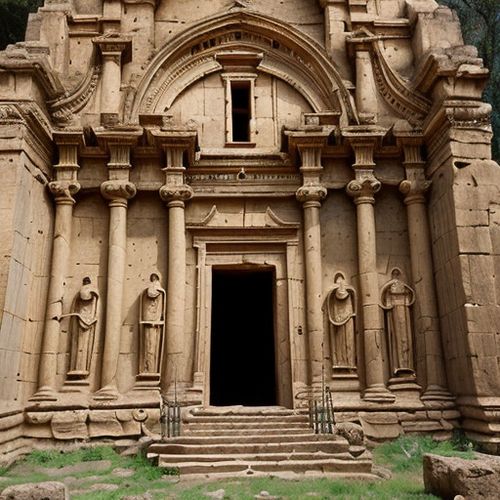
By Christopher Harris/Apr 11, 2025
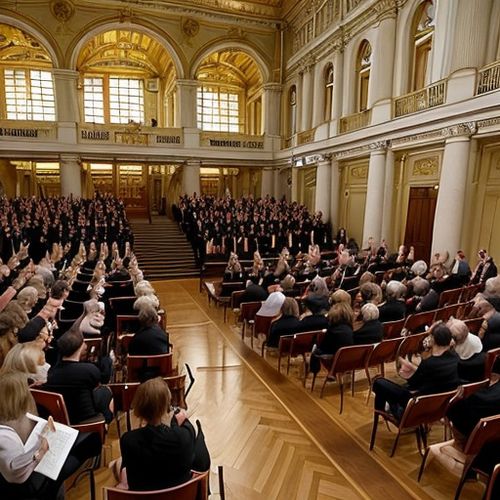
By Daniel Scott/Apr 11, 2025

By Grace Cox/Apr 11, 2025